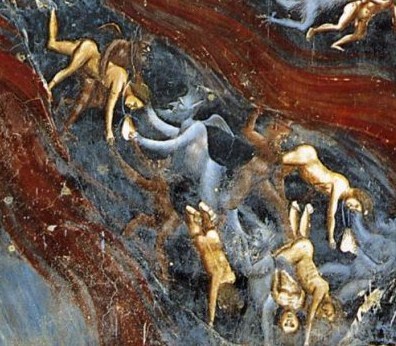39. Loneliness in religious thought.
The path to Father God does, in actuality, bring us to the love and understanding of others through His Love and His Understanding. There is a combining comprehension, which can only enhance our own natures into a maturity, enabling a greater companionship with others to follow.
Having said this, there becomes also three coinciding aspects which occur - the one being that the individual who refers, defers and walks with our Father firstly (before all other men or women), does this at the exclusion of others. This relationship between an individual and their Father is impenetrable, and does disregard and leave out all others.
Others, understandably, have their own indissolvable relationship with Him. They, by Divine Right, walk alone and confer alone with Him also. No two spirits will ever 'walk the same walk'. This is loneliness number one. It is not so much a painful loneliness in itself, rather quite the opposite (I am sure you will agree); but when the individual is amongst other people and yet feeling strong in his or her relationship with Father God, it can happen that there is a secondary loneliness discovered, simply in point of the awareness of the first.
Thirdly, when our faith causes us to depart ethically, thoughtfully, reasonably, philosophically, spiritually, fundamentally, from the behavior and thought-world of our friends and associates, there does become a further pain of isolation as we feel ourselves more distinctly defined away from them, rather than close; though the desire may be for that closeness and humanity.
40
40















